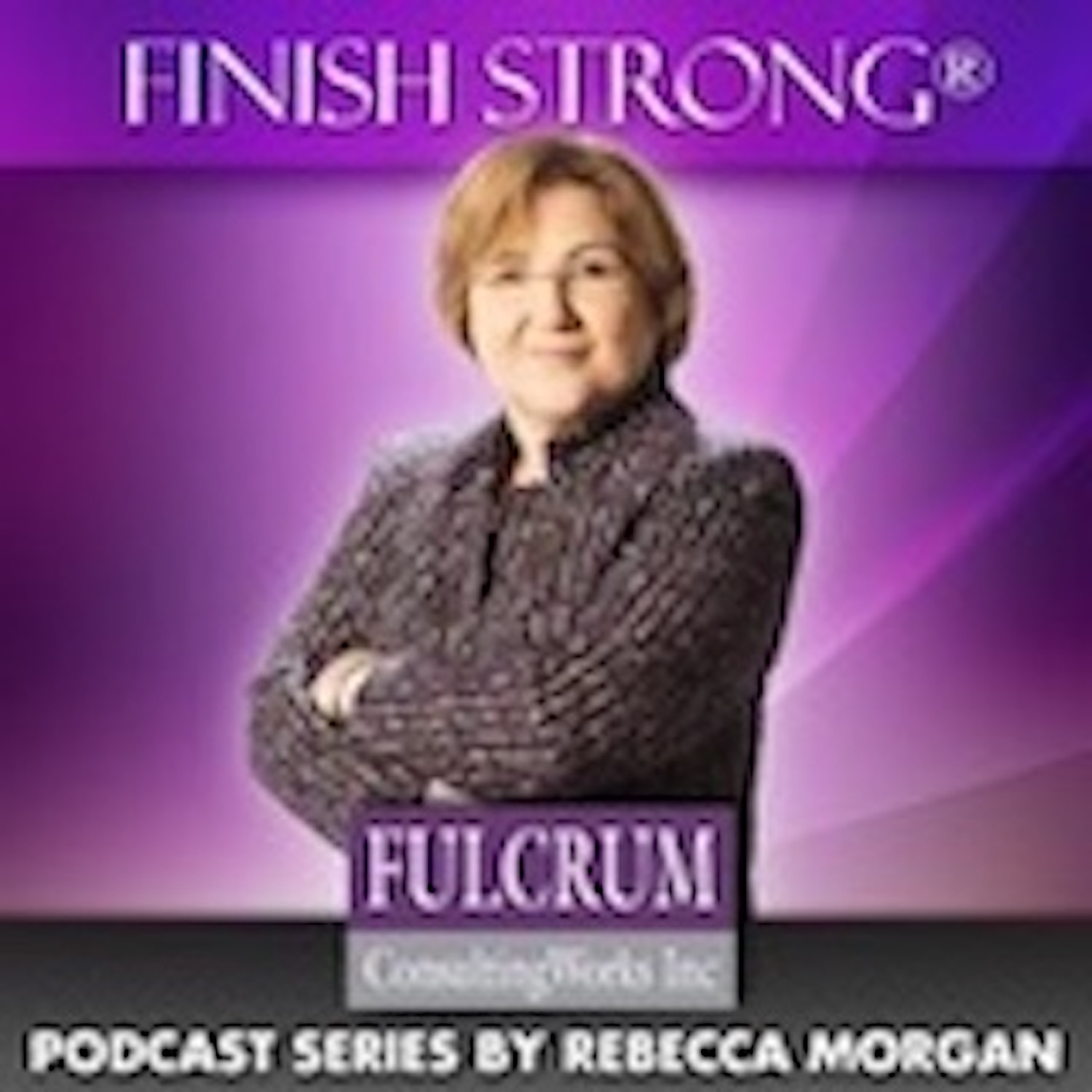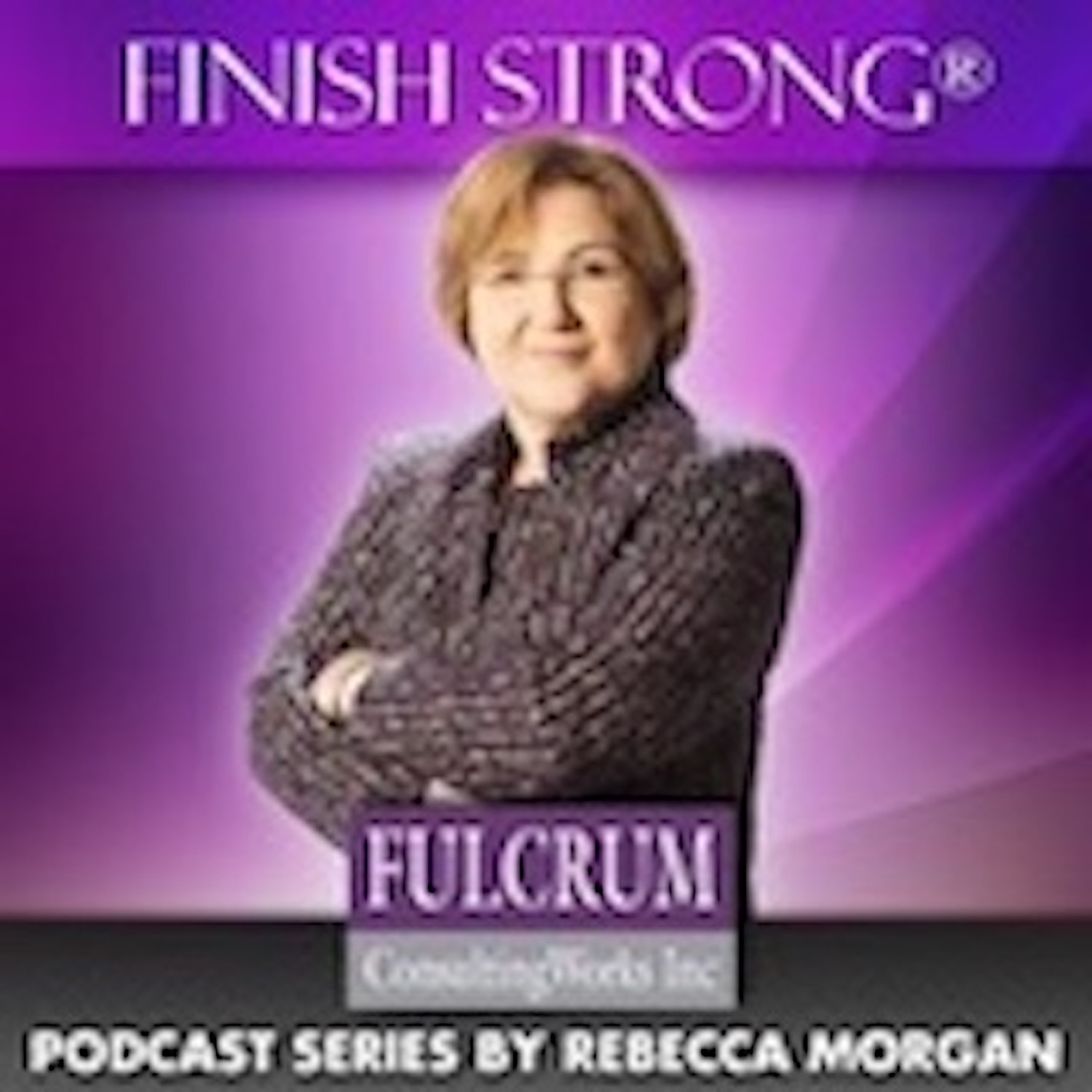full
Firing Customers
Not all markets are good markets for you. Not all customers are good customers for you. And not all orders are good orders for you.
How do you recognize the distinctions beforehand? And how do you fire a customer once you've already accepted them?
A good customer for you is not the same as for others, and cannot be based solely on top line potential. Sadly, too many get sucked into that revenue potential and make commitments later regretted.
Examine these six attributes before deciding a potential customer is one that enables the two of you to succeed together:
1) If you are mission driven, and enduring manufacturing businesses are, a company that does not have a viable externally focused mission will not be a good customer for you.
2) If their demonstrated, not written on the walls, core values are not consistent with yours, they will not be a good customer. When the going gets rough those distinctions will rise to the top.
3) Do their current "partners" tell you that the potential customer really knows and behaves in concert with the true meaning of partnership? Partners do not unilaterally change payment terms. Partners do not take your parts out for bid without you knowing about it. If you want to serve companies that respect you, look for true partners.
4) Do the needs of the company match the direction you want to go? If not, the relationship will be short and will add nothing to your business.
5) Are they committed to getting better in all ways? If not, they will stagnate, bringing you with them. While I have little respect for WalMart as a company, it has taken the lead in many important new technologies, bringing its major suppliers along. Is there a near term advantage to a potential customer, knowing you will want to leave them in a few years?
6) Is their risk tolerance aligned with yours? Larger companies can afford to swing and miss a few times. Smaller ones must be very selective on which pitches to swing for the fences. But mission, core values, partnership, near-term alignment can be insufficient if risk tolerance is very different.
But now you have them, and realize they are not a good customer for you. How do you fire them?
First, realize you must. They cannot be part of your healthy future. It is merely a question of how and when. Yes, there is a financial reality to this process, but there is also the very important opportunity cost aspect. What could you be doing that you're not because of that customer?
Saying "no" is not easy for many of you, but it is a requirement to running a healthy and enduring business. Is it optimal to quote new parts for that existing bad customer? No. Is it optimal to give cost reductions you cannot afford to that customer? No. Is it optimal to obtain a certification that bad customer requires? No, unless they are in a market you want to pursue. Then, yes it is.
A bad customer is part of your overall asset allocation. Consciously decide how much you want to invest in them, now and tomorrow. They are likely costing you more than you realize.


